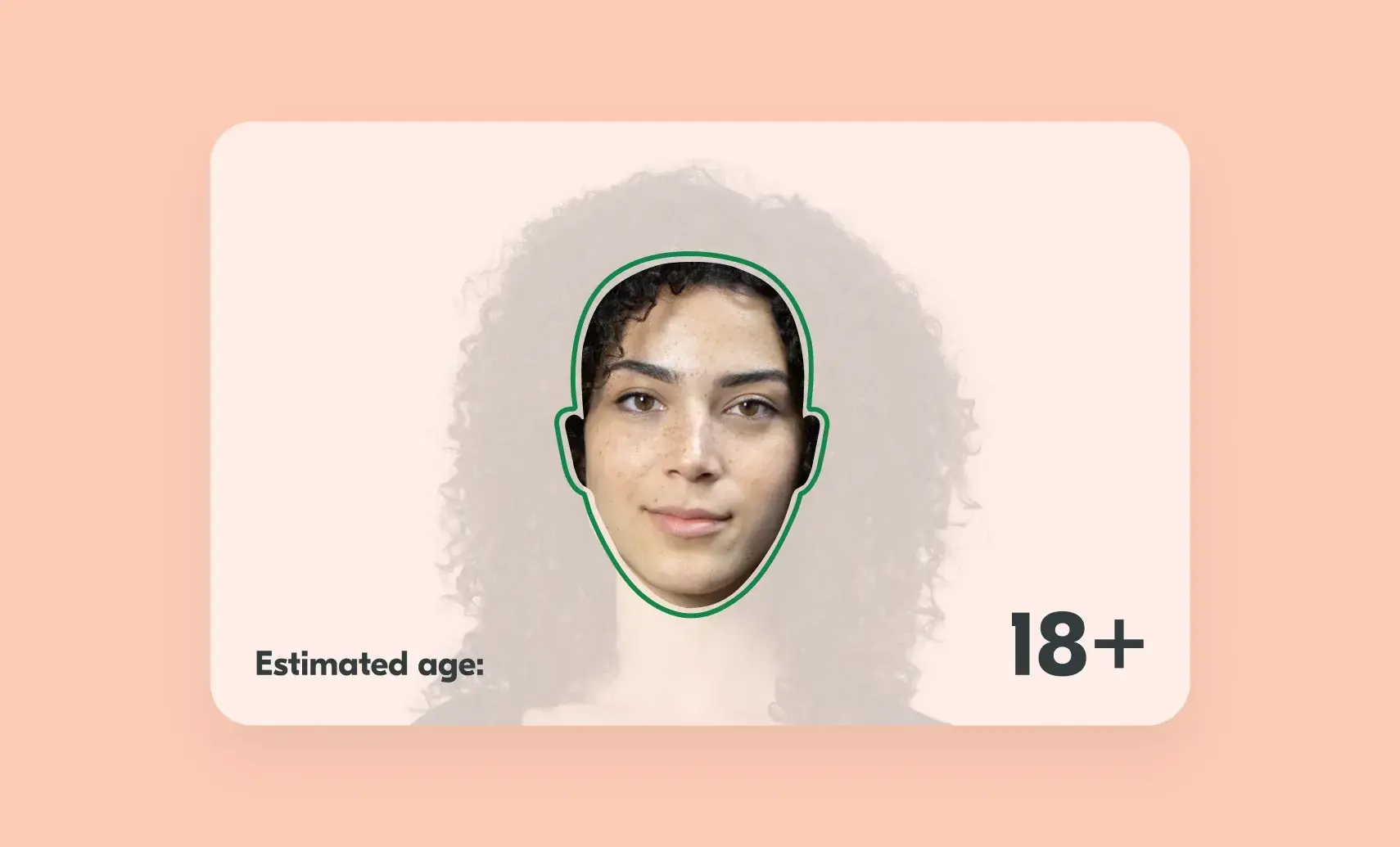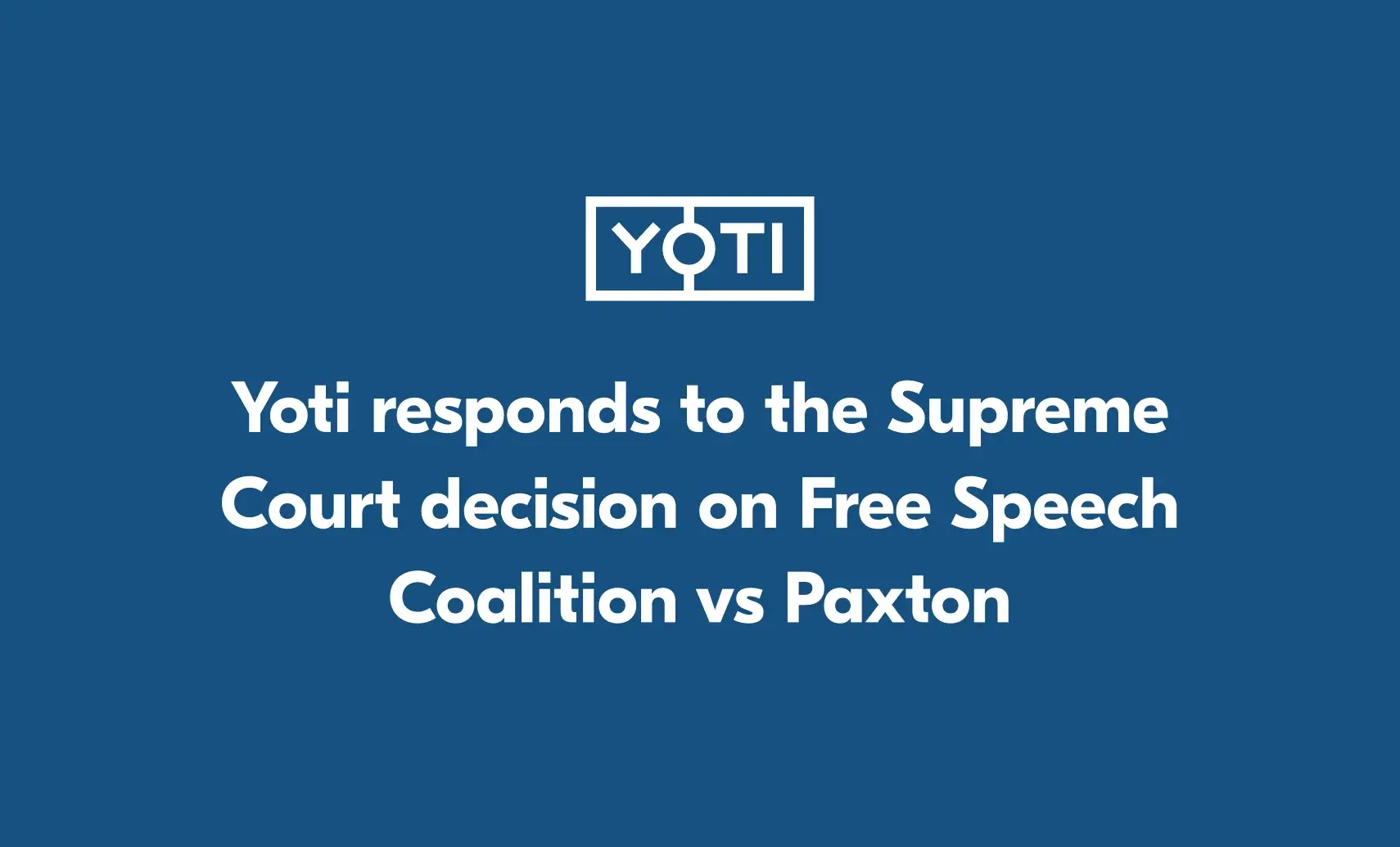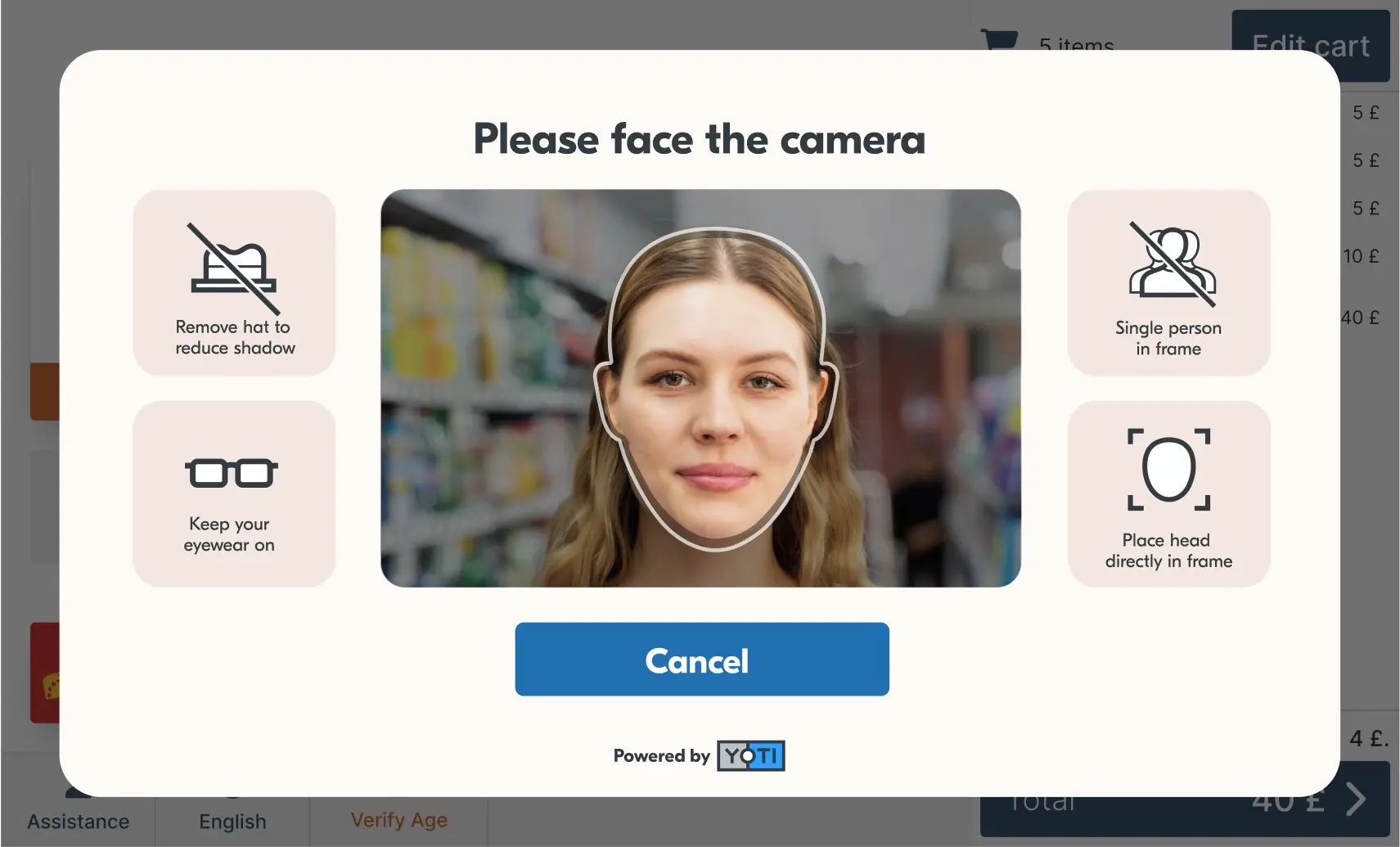Age checks
How accurate can facial age estimation get?
Facial age estimation using machine learning has advanced significantly in recent years. But, a common and fair question still arises: How accurate can it really be? Can a system look at your face and accurately guess your age, especially when humans often get it wrong? The short answer is that it’s very accurate – but not perfect. We explain why. The myth of 100% accuracy It’s important to set realistic expectations. No facial age estimation model can achieve 100% accuracy across all ages. Human aging is highly individual and shaped by many external factors, especially as we get
The Supreme Court rules in favour of age verification
The question of whether states can require age checks on adult websites has reached a turning point in the US courts. In Free Speech Coalition v. Paxton, the case challenged Texas’s H.B. 1181 law, which required commercial websites that publish sexually explicit content to verify the ages of their visitors to prevent minors from accessing pornography. One of the big discussion points has been whether, in 2025, it is still too burdensome for US adults to prove age privately compared to 20 years ago – especially when privacy-preserving age verification tools have advanced significantly. The Supreme Court has upheld
Ireland’s Online Safety Code: what it means for online platforms and how to comply
What you need to know: Ireland’s Online Safety Code will hold video-sharing platforms accountable for keeping their users, especially children, safe online. Platforms with adult content, including pornographic or extremely violent content, must use age assurance to prevent children from accessing the content. These age assurance requirements come into force in July 2025. Platforms that don’t comply can face strong penalties – up to €20 million or 10% of annual turnover. From July 2025, video-sharing platforms in Ireland with pornography or extremely violent content will need to introduce age assurance to protect children from accessing their content.
Understanding age assurance in Spain's new online safety law
As digital technology continues to shape how people interact, communicate and consume content, protecting children online has become an increasingly urgent issue. Recognising this, the Spanish government has proposed the Organic Law for the Protection of Minors in Digital Environments. The law is now in its final stages of approval. While comparable initiatives such as the UK’s Online Safety Act and California’s Age-Appropriate Design Code exist in other jurisdictions, the Spanish law stands out for its broad scope and emphasis on enforceable age assurance, platform accountability and digital literacy. Its comprehensive framework places it among the leading examples of
"We need an army of Elliots" - why it’s bonkers we’re not using facial age estimation to sell alcohol
Let’s just get this out there: humans are not great at guessing ages. Don’t just take our word for it. Studies have proven this to be the case. Most of us reckon we can largely say if someone is under 25 using the Challenge 25 technique but when put to the test, the truth comes out: retailers do let some under 18s buy alcohol. Not always and not everyone, but some people are incorrectly estimated to be older than they really are. Let’s be honest, this is not ideal. Now, to be fair, not all humans are created equal.
Why facial age estimation, the most accurate age checking tool, shouldn’t be left on the sidelines
Many of us have been there: standing at a self-checkout, scanning our shopping, only to hit a roadblock when the till flags an age-restricted item like a bottle of wine or a pack of beer. With age verification accounting for between 40 – 50% of interventions at self-checkouts, it significantly disrupts and slows down the checkout experience. We wait for a retail worker to approve the sale. The retail worker does a visual estimation of our age – they look at our face and guess whether we’re old enough to buy the item. Most retailers follow the Challenge 25






